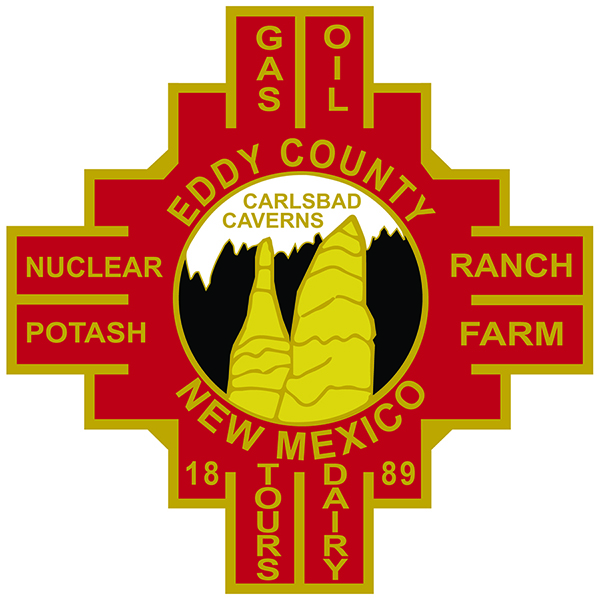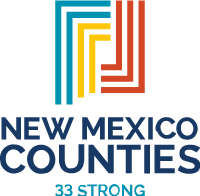Eddy County
Eddy County is located in Southeastern New Mexico. Around 25,000 BC, the people living in the area of Eddy County were relatives of “Sandia Man.” Nomadic hunters wondered the area, hunting buffalo and other game, over the next several thousand years.
In the early 1500’s, Spanish explorers Alvar Nunez, Cabeza de Vaca, Antonio Espejo, and Castano de Sosa traveled through present day Eddy County, following the life giving Pecos River. In 1866, Charles Goodnight, Oliver Loving, and John Chisum drove vast herds of cattle along the Pecos and set up “cow camps” in Seven Rivers and in present day Carlsbad. When the territorial legislature met in 1889, they set the boundaries of Eddy County.
In 1909, oil was discovered in Eddy County near Artesia. Another big oil strike happened in 1923 in Artesia and SE New Mexico. In 1902, Jim White discovered “bat caves” now known as Carlsbad Caverns National Park. In 1925, geologist Dr. VH McNutt discovered potash near Carlsbad that ushered in a “potash boom.” In 1979, Congress authorized the US Department of Energy Waste Isolation Pilot Plant, located 26 miles southeast of Carlsbad. This facility houses transuranic radioactive wastes in containers deep in salt beds, isolated from humans and the environment.
Over the years since, Eddy County has continued to grow and flourish. In 2018, the US Geological Survey announced that the Delaware Basin (includes southern Eddy County), which is part of the larger Permian Basin in Texas and New Mexico, was the largest continuous oil and gas resource potential ever assessed in the country. Eddy County is one of the top producers of barrels of oil in the nation. Oil and gas revenues from Eddy County contribute a significant amount to the NM State Budget. The oil and gas expansion is estimated to last for the next 25-30 years.
Upcoming Events
Employment Opportunities


444 Galisteo St, Santa Fe, NM 87501 | Phone: 505-983-2101 | Toll Free: 877-983-2101


